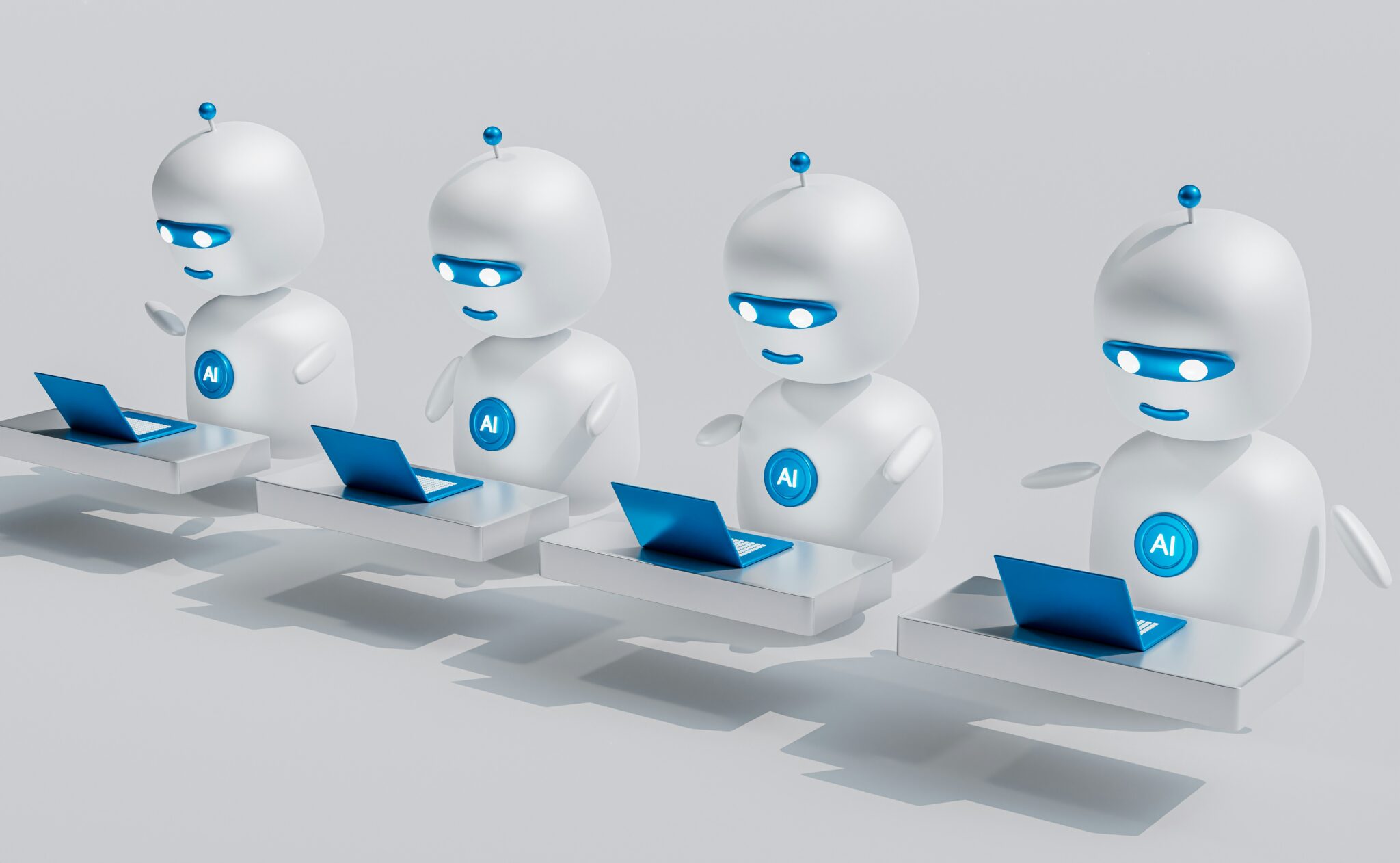The debate over foundation models in AI is heating up, as startups increasingly view them as interchangeable building blocks rather than the core of long-term advantage. Once considered the crown jewels of artificial intelligence, thanks to their massive pretraining on vast datasets, foundation models from companies like OpenAI, Anthropic, and Google are losing their exclusive edge in a rapidly evolving landscape.
At last week’s Boxworks conference, the focus was less on hyperscaled models and more on user-facing software and post-training improvements. Startups are doubling down on fine-tuning models for specific use cases, like coding assistants, enterprise knowledge tools, and image generation, rather than spending billions on pretraining.
The shift reflects diminishing returns from scaling foundation models. Instead of locking in dominance, companies like OpenAI have seen competitors leapfrog them in key areas. As a16z’s Martin Casado noted, OpenAI launched some of the first coding, image, and video models, yet lost the lead in all three categories. “As far as we can tell, there is no inherent moat in the technology stack for AI,” Casado concluded.
For AI startups, this means flexibility. Products can now run on GPT-5, Claude, or Gemini almost interchangeably, with little noticeable difference for end users. Meanwhile, open-source alternatives are making it harder for foundation model makers to maintain pricing power, potentially reducing them to low-margin infrastructure providers, “like selling coffee beans to Starbucks,” as one founder put it.
Still, foundation model companies aren’t out of the race. They retain powerful advantages in brand recognition, infrastructure, and deep cash reserves, and their consumer-facing apps like ChatGPT may prove harder to replicate than enterprise tools. A future breakthrough in AGI or specialized domains like pharma could also reset the playing field.
Related: The Top AI Trends To Watch In The Last Quarter Of 2025.
For now, though, the AI industry is shifting toward a flurry of specialized businesses built on top of foundation models rather than controlled by them. And with Meta and others pouring billions into ever-bigger models, the strategy looks riskier than it did just a year ago.





